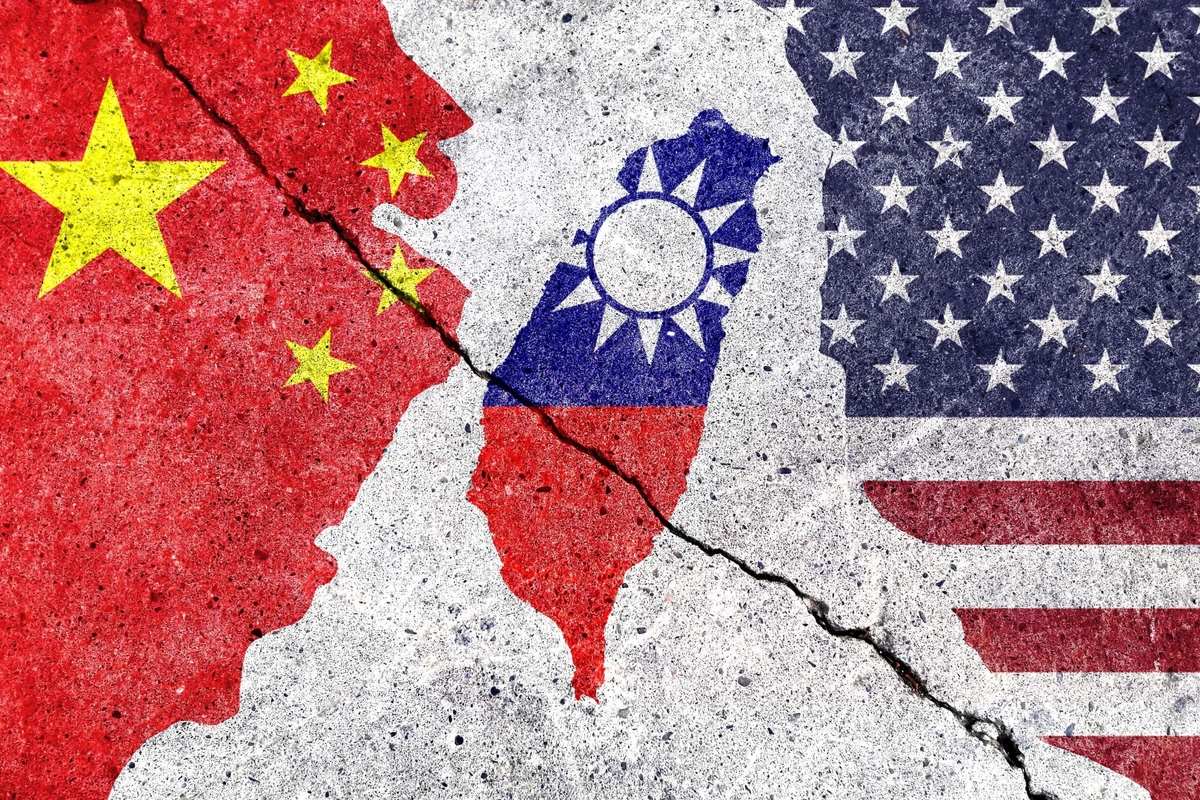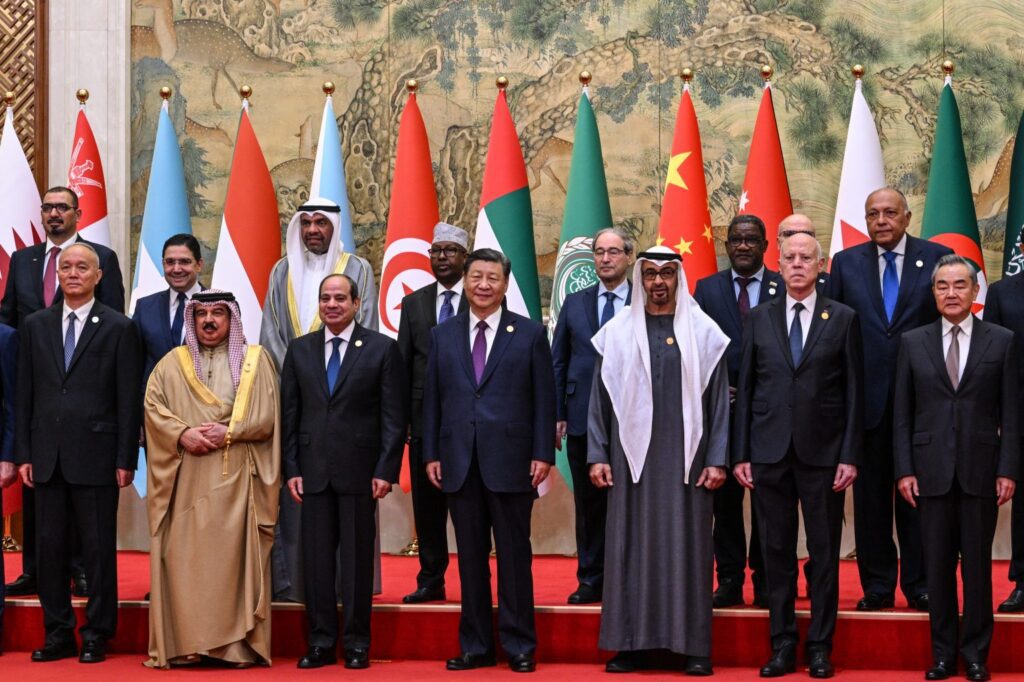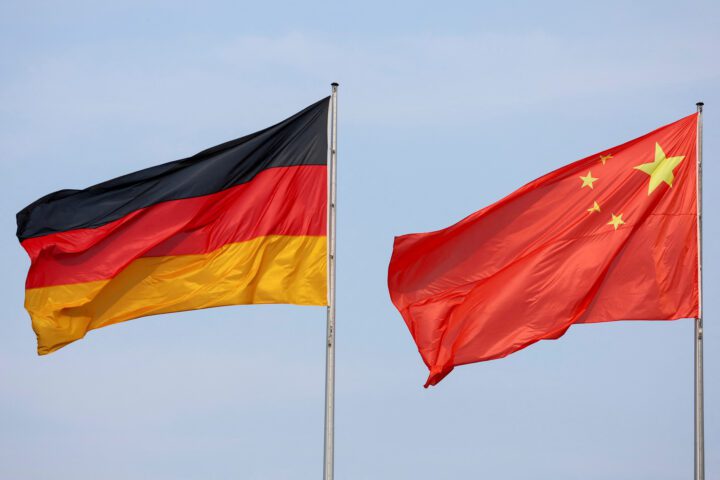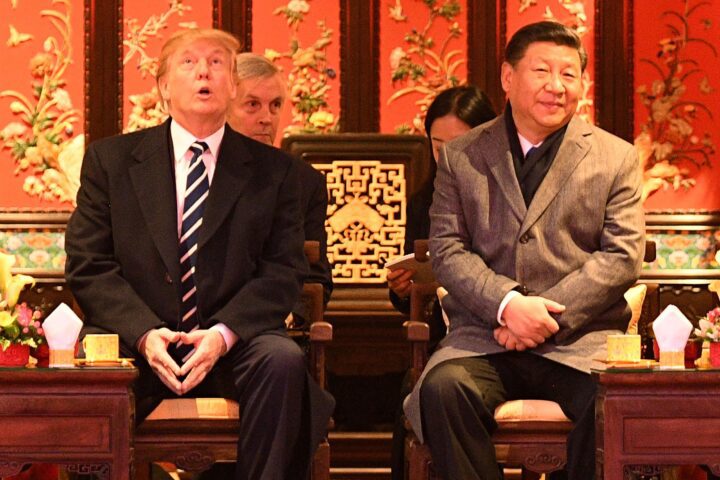Taiwan Tensions Rises
Since the Chinese Civil War, Taiwan has been a thorn in the side of Beijing’s geopolitical ambitions. The island of 23 million, which has functioned as an independent democracy for over seven decades, is seen by the People’s Republic of China not just as a renegade province, but as an existential challenge to its autocratic model. The US has traditionally acted as Taiwan’s unsung protector, supplying arms and maintaining a policy of “strategic ambiguity” over whether it would come to Taiwan’s defense in the event of a Chinese attack. The balance of power, however, is shifting. As China flexes its muscles, both economically and militarily, Taiwan is increasingly caught in the crossfire of escalating US-China rivalry and adding to Taiwan tensions.
The Battle Lines
Recent years have seen a marked increase in tensions. From Beijing’s intensifying military manoeuvres in the Taiwan Strait to Washington’s increased arms sales and high-level diplomatic visits to Taipei, the status quo is being tested. A report from the Hong Kong-based think tank, the Centre for China Analysis and Strategy (CCAS), points to the domestic political climate in Taiwan as further complicating the situation. The report suggests that as Taiwanese President Tsai Ing-wen grapples with political divisions at home, the likelihood of her stoking the flames with Beijing is low, albeit not extinguished.
The data bear out the mounting pressures. In 2023 alone, China’s People’s Liberation Army conducted over 150 military exercises in and around the Taiwan Strait, a 40% increase from the previous year. Meanwhile, the US approved a record $2.37 billion in arms sales to Taiwan, a clear signal of its commitment to Taipei’s defence.
The Home Front
While the international spotlight shines on the US-China-Taiwan tripartite, the internal dynamics within Taiwan are often overlooked. The CCAS report underscores how President Tsai’s domestic political battles may influence her approach to cross-strait relations. Tsai, a member of the pro-independence Democratic Progressive Party, has had to navigate a delicate political landscape, characterized by a growing divide between those advocating for formal independence and those favouring a more cautious approach.
Looking Ahead
Despite the escalating tensions, the CCAS report concludes that the risk of a full-blown war over Taiwan remains low in the near term. This is due largely to the political distraction within Taiwan and Beijing’s strategic calculation that provoking a military confrontation with the US would be overly costly. However, the report warns that complacency is not an option. The Taiwan issue is not just a regional matter but one with global implications. As the US and China vie for dominance in the Indo-Pacific, the fate of Taiwan will have far-reaching effects on the balance of power in the region and beyond.
The key takeaway from the CCAS report is that while the Taiwan issue is likely to remain a geopolitical flashpoint, it is not destined for an imminent showdown. This assessment is a sobering reminder of the complexities of the Taiwan Strait and the challenges facing the key players. As the US and China navigate their rivalry, their actions will have a profound impact not only on Taiwan’s future but also on the broader international order.







